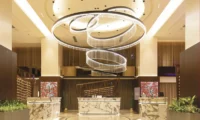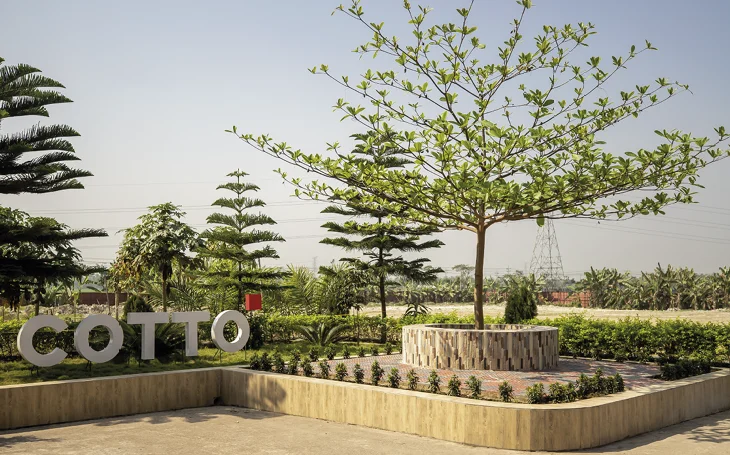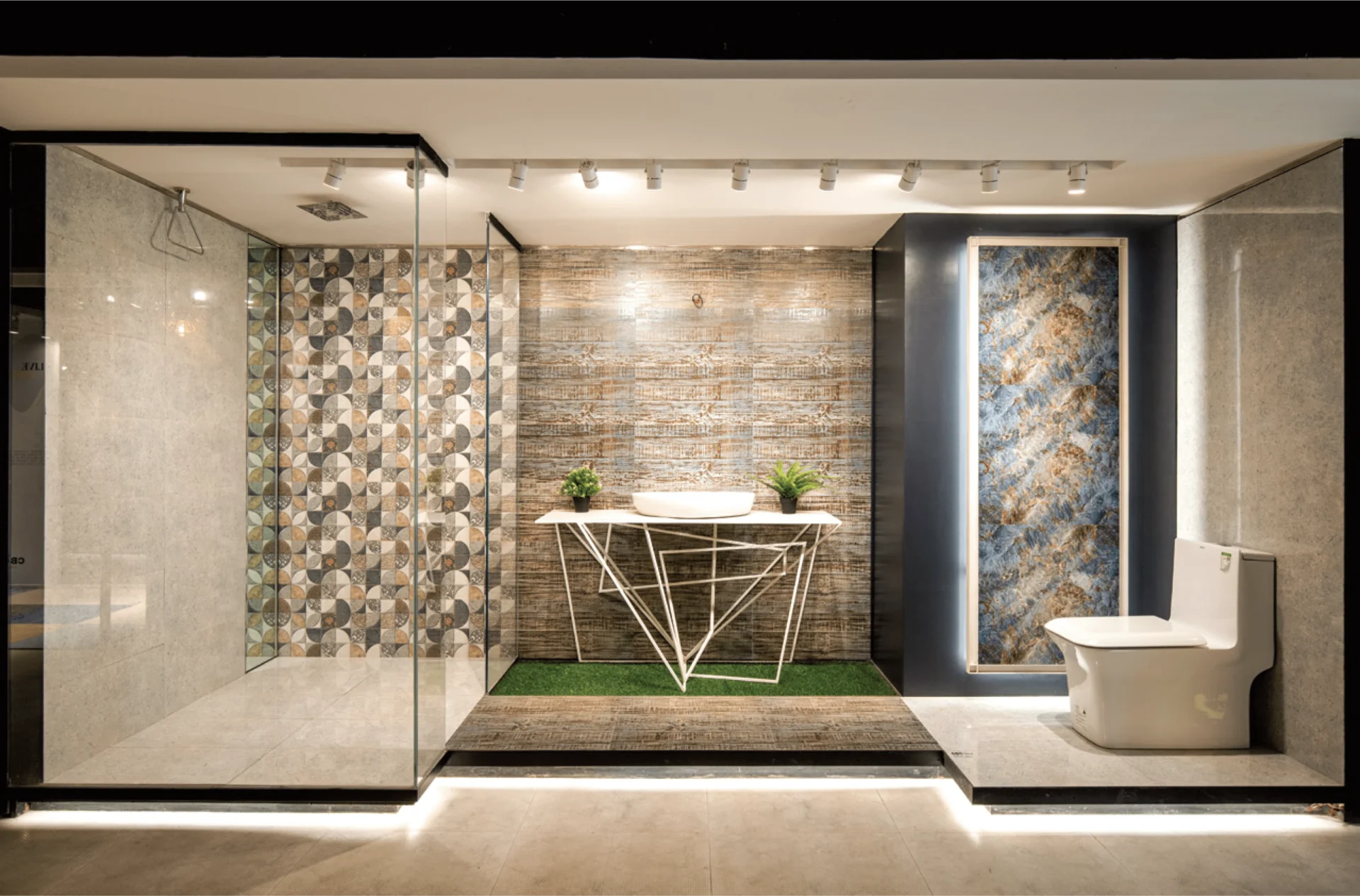
China-Bangla Ceramic Industries Ltd. (CBC) is one of the top ceramic manufacturer companies, founded in 2001, as a joint venture private sector entity between Bangladesh and China. It produces a wide range of Wall and Floor tiles including Homogeneous, Decor and Border tiles.

China-Bangla Ceramic Industries Ltd is well-known company as importer, supplier, distributor, wholesaler, retailer and manufacturer of ceramic and tiles products in Bangladesh. Everyone can depend on CBC Tiles for their commercial office, living room, bedroom, kitchen, bathroom, outdoors and stair. All products are wall and floor tiles, and cladding. Annual production capacity of unit-1 is 7.5 million sq. metre and unit-2 is 3.5 million sq. metre. Its total employees are 1200 now. It has manufacturing plants in Tarabo, Rupganj, Narayanganj (unit 1) and Charmadhobdi, Bhatpara, Panchdona, Narsingdi (unit 2). All its technology and machinery were imported from Italy, Austria and China. The Chairman of the company is Ferdousi Islam, Managing Director Mr. Md. Shirajul Islam Mollah, CEO and Director Sayma Islam.
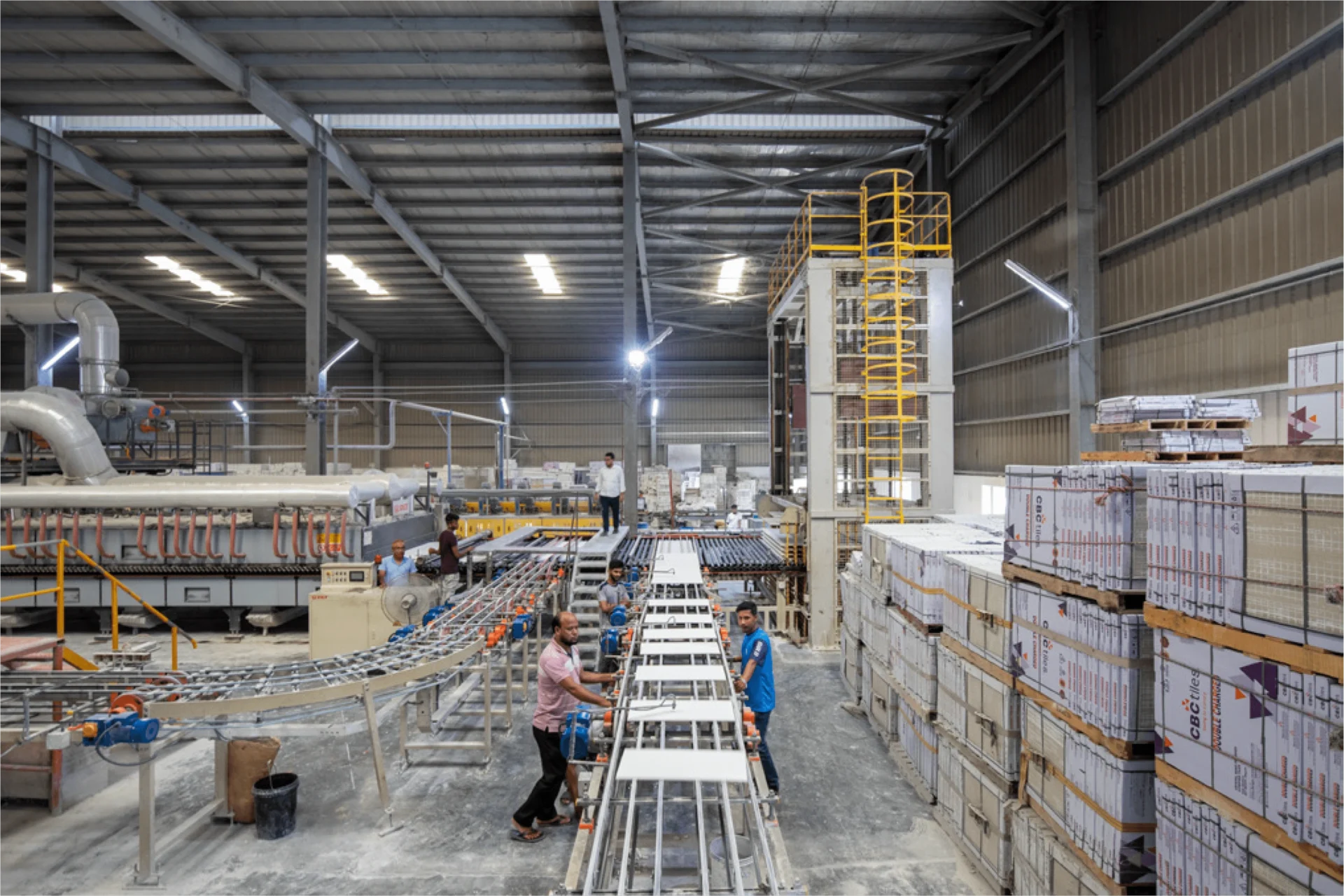
China-Bangla Ceramic Industries Ltd. A top ceramic manufacturer of BD
CBC is a well-known competitor and a leading brand. Ceramic Bangladesh recently had the opportunity to sit with Sayma Islam, CEO of CBC, for a delightful tête-à-tête and learned about the insights of CBC, their tested strategies and future plans.
What is your leadership philosophy in creating that change?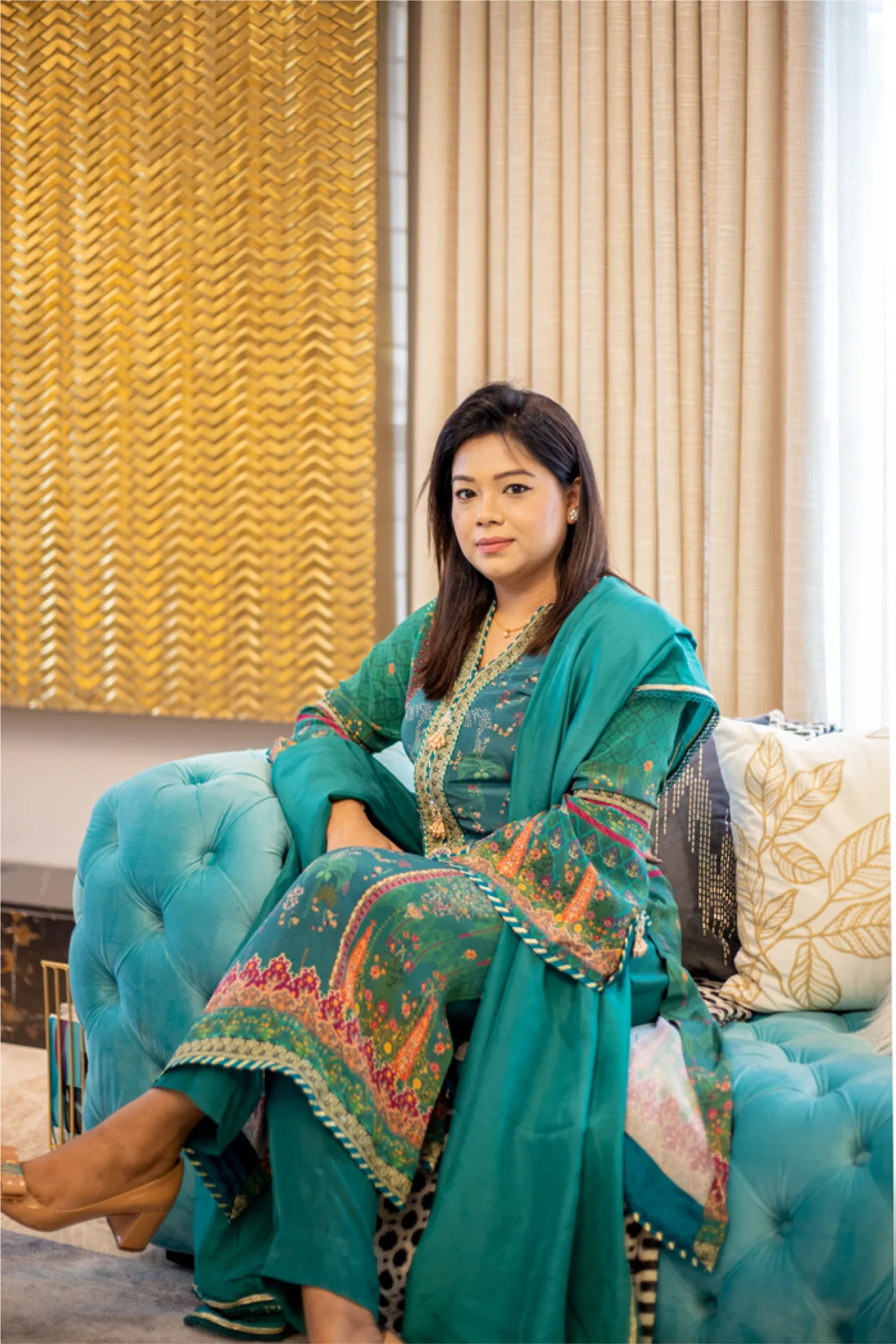
“It’s been 10 years since I’ve joined CBC. I was appointed as a CEO but I didn’t know what that meant at the time. I was at my learning stage and it took me 2-3 years to figure out the role. My father grew the business with his own hands, and when I joined, I wanted to introduce something that would make CBC better. I wanted to set the vision. It’s a full Bangladeshi company now since we have taken over but we kept the name. And as the newer generation I wanted to introduce sustainability. I set the vision for the company and inherited the norms and traditions from my father. But I got out of the norm and visualised how I wanted the company to grow. I changed the logo and gave it a new look. Set up another factory that is capable of manufacturing modern tiles. And we focused on competing with foreign products that were doing well locally. The team took instant decisions and found out ways to catch up with the industry’s unceasing changes. Now that everything is more digitised, the technology sector is going through rapid transformation. Just a couple of years ago, the industry lacked skilled manpower and had to import raw materials. Now we have all the gaps filled. CBC hires foreign experts now who mostly work in the R&D (research and development) department. This is one of their strategies that helped them immensely.”
What do you think has been the key to its success?
“We are raising the bar every time by looking for better technicians, using better raw materials, and researching more and more. We chased better quality and looked at the market to see what was in demand. We worked on the designs and quality according to that demand. We started CBC and it’s been 20 years plus already. And when we started there wasn’t anything called ceramic tiles. We are the second introducers of foreign tiles substitute. One of our biggest contribution would be that we’ve increased the local demand for locally made ceramic tiles. Now there is a huge variety of tiles and we focus on CRM when it comes to selling ours in the market.”

How do you smoothly manage such a sensitive part?
“Most of the employees we have, have been with us for a long time. We give two days off and provide a friendly, newly introduced corporate environment. We are paying incentives, we provide support system for a deceased employee’s family and we motivate our employees to gladly work with us with diligence.”
Ceramic industries should focus on research. Ms. Sayma said, “The more R&D we do the better this sector will get. If we can maintain quality in production then the finished good will be good as well.We need modern solutions and constantly research for updated product designs.The market is growing but it hasn’t reached saturation point. We are focusing on constant growth. We are also thinking about real estate now that we have developed so much. We already have 3 ongoing projects. Our plan is to branch out with real estate, cement factories, and sanitary ware.” She added, “What keeps me focused is my father. He plays a gigantic role in our upbringing. Fifteen years back, women weren’t on this scene. After my joining we expanded to another factory, and we are working on a third plant.





